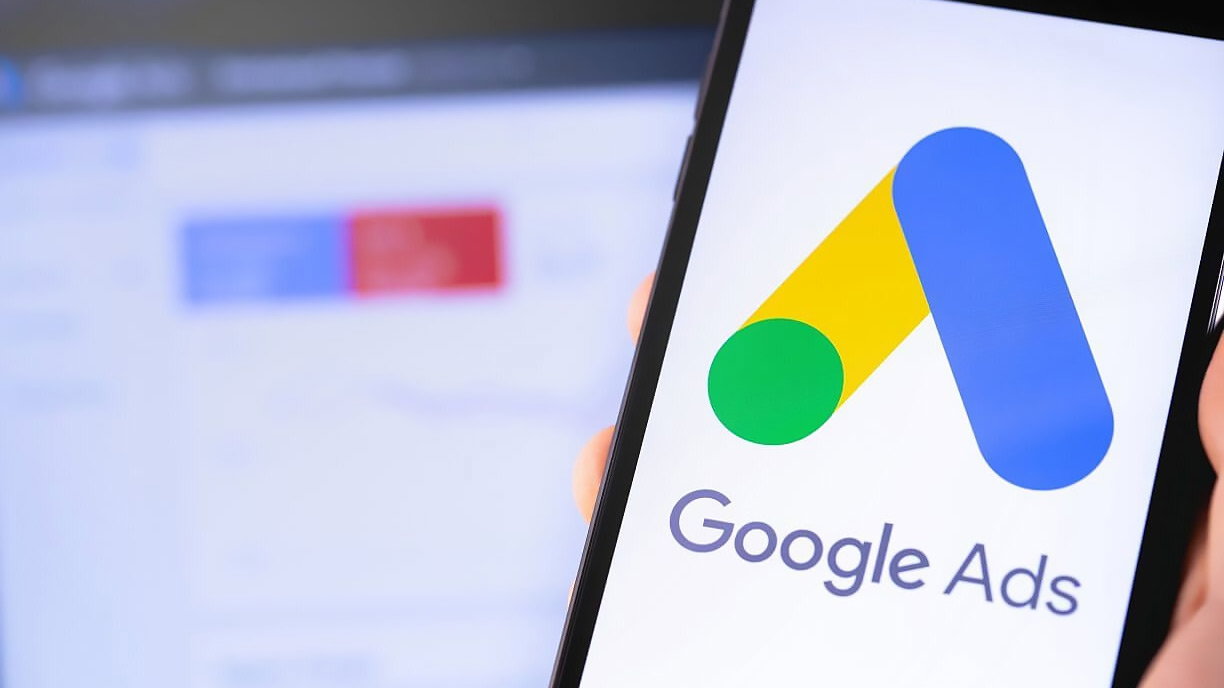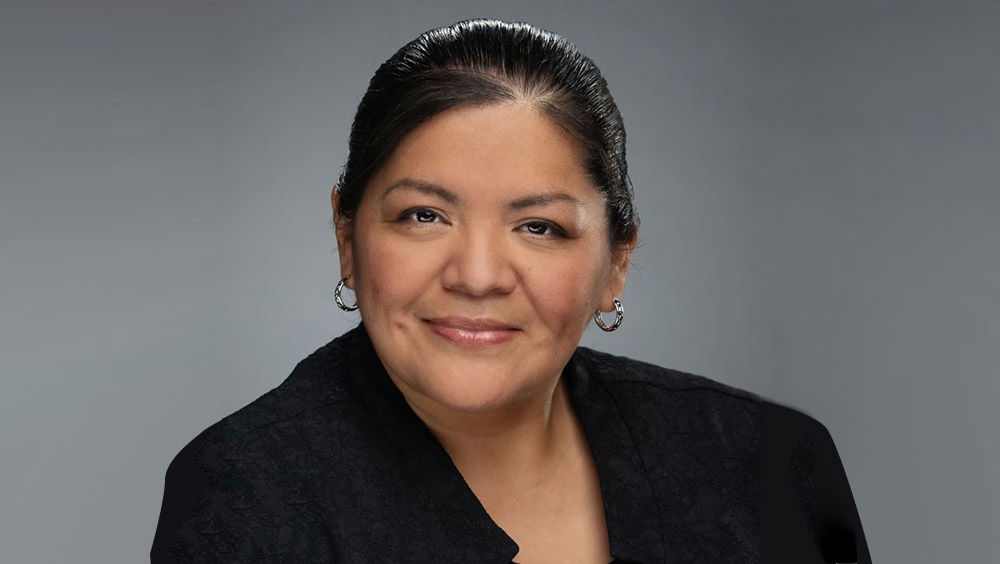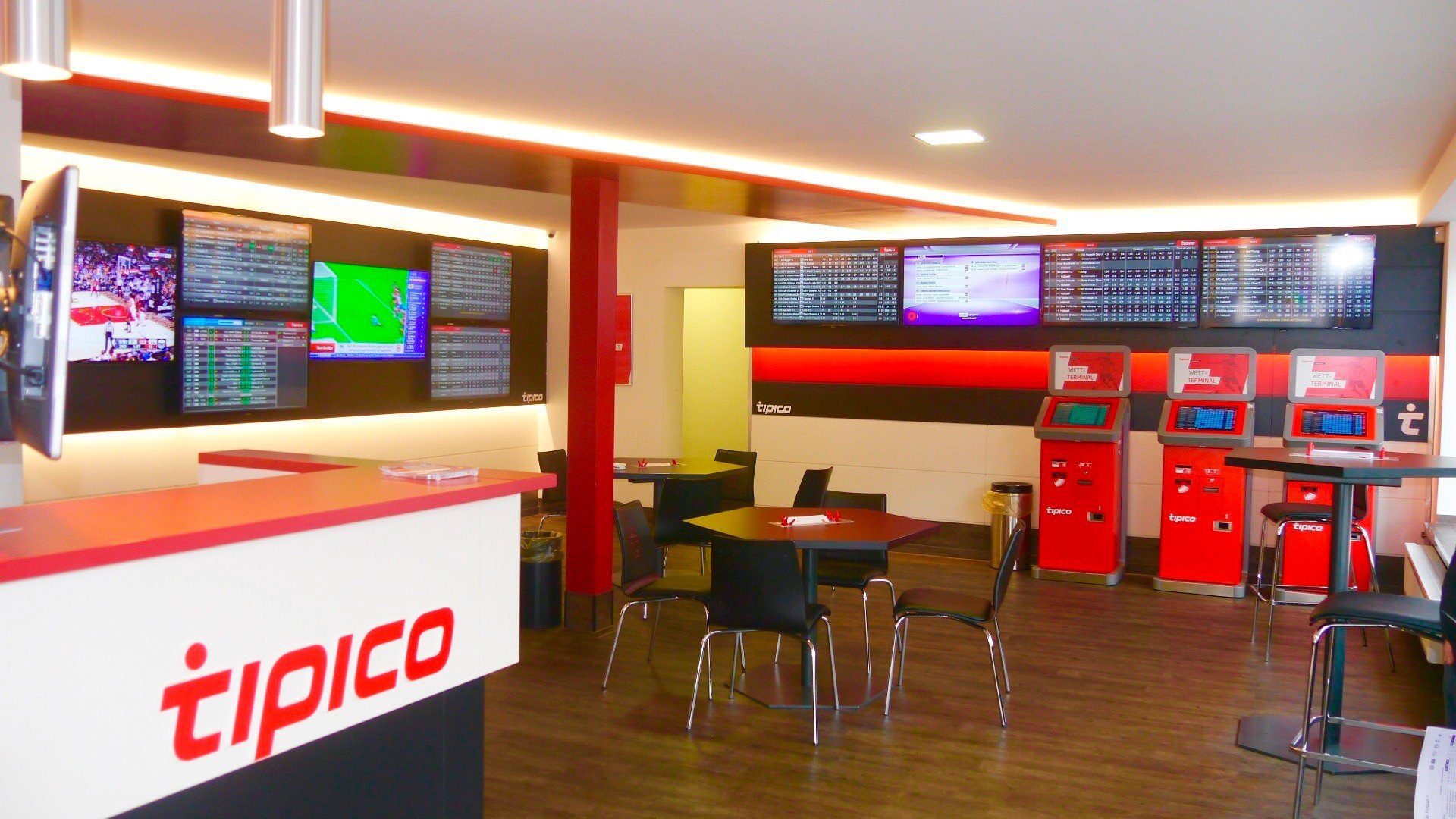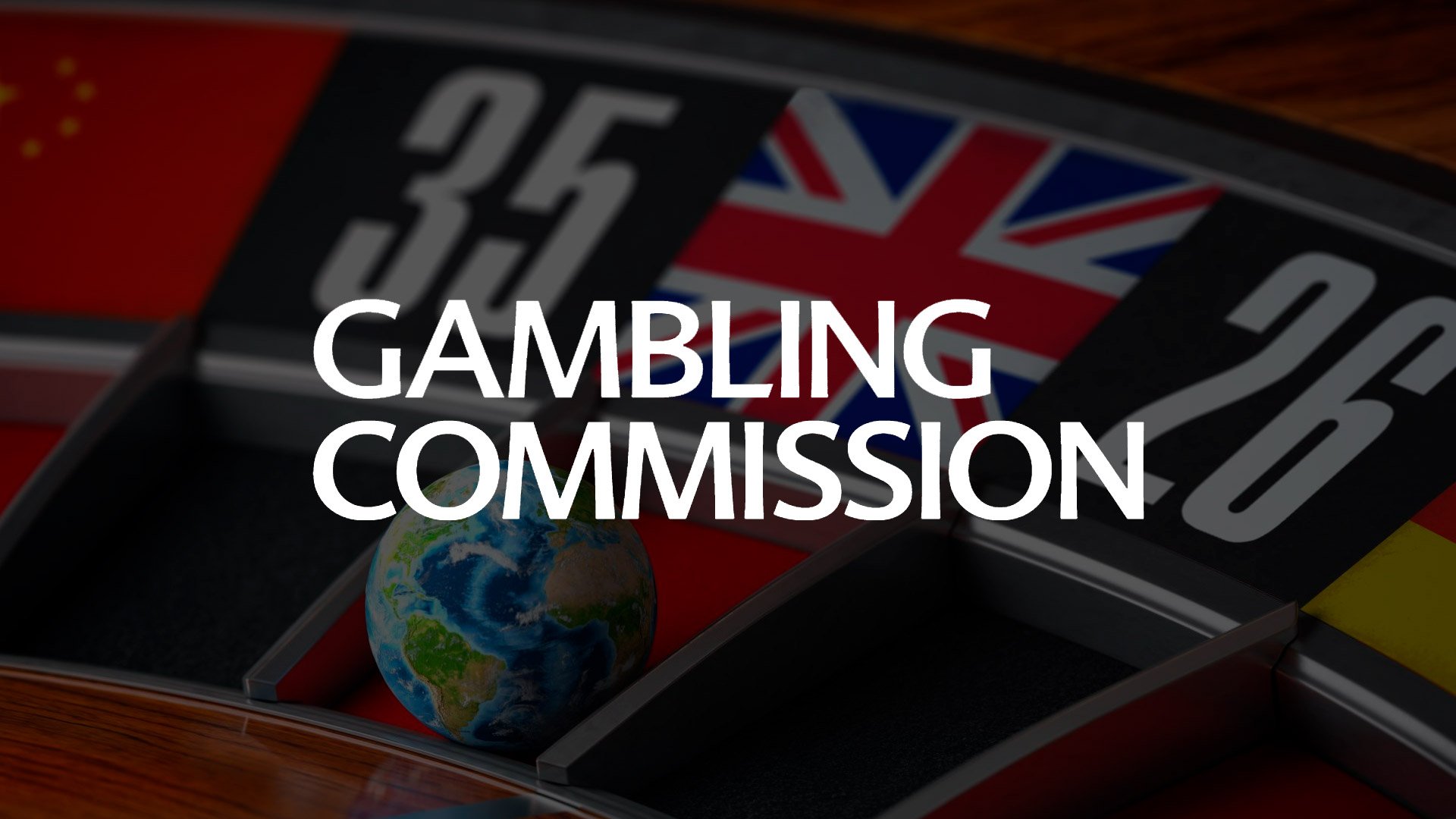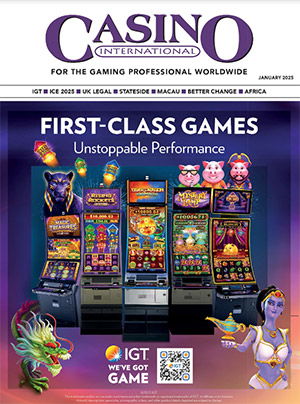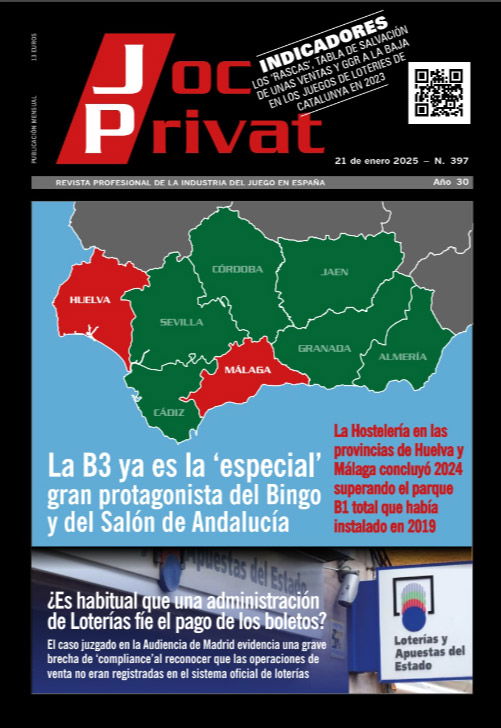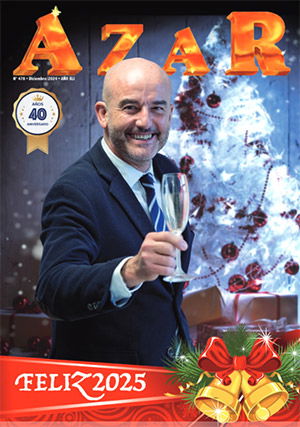Illinois lawmakers introduce bills to legalize and regulate online casino across the state
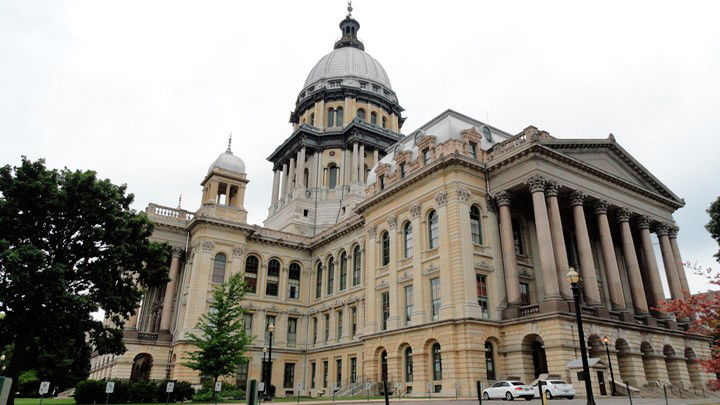
Illinois lawmakers have introduced companion bills that could pave the way for legalized online casino gaming in the state. The proposals, introduced by Senator Cristina Castro and Representative Edgar Gonzalez, aim to establish the Internet Gaming Act, expanding Illinois’ gambling sector by allowing internet-based casino operations under the oversight of the Illinois Gaming Board.
The legislation, filed as SB 1963 in the Senate and HB 3080 in the House, marks the second consecutive session that the two lawmakers have attempted to push for iGaming legalization. Despite failing to gain traction in the previous session, the latest proposals introduce notable changes, including a tax increase on adjusted gross revenue from 15% to 25%.
Illinois has become a key player in the gambling industry, ranking as the second-largest sports betting market in the U.S. and boasting the nation’s most extensive network of video gaming terminals (VGTs). The state has nearly 8,700 licensed VGT operators managing over 48,700 terminals, making them the largest contributors to Illinois’ gaming tax revenue.
In 2024 alone, VGTs generated $884.2 million in tax receipts for the state, considerably outpacing the $345.2 million from casinos and $244.2 million from sports betting. However, the potential expansion of online gaming has raised concerns from VGT stakeholders, who fear that legalizing online casinos could impact their revenue streams and employment opportunities in brick-and-mortar establishments.
The proposed legislation sets out clear guidelines for the regulation and operation of online casinos in Illinois. Operators would be required to pay an initial licensing fee of $250,000 and would be allowed to offer up to three individually branded internet gaming platforms (skins)—a more flexible arrangement than the state’s sports betting framework, which limits licensees to a single brand.
A key provision in the bills includes an employment protection clause that prevents the Illinois Gaming Board from issuing an iGaming license to any casino or organization that has reduced its workforce by 25% or more since February 28, 2020. However, the legislation does not explicitly define what constitutes a "workforce," a potential point of contention among opponents. Revenue generated from online gaming would be taxed at 25%, with all proceeds directed to the State Gaming Fund.
In a bid to promote diversity within the gaming industry, the proposed legislation includes measures requiring all licensed operators to submit annual Diversity, Equity, and Inclusion (DEI) reports. These reports must detail spending on businesses owned by women, minorities, veterans, individuals with disabilities, and small enterprises. Additionally, operators would be required to hold an annual public workshop and job fair focused on increasing supplier diversity and establishing future procurement goals aimed at improving representation in the gaming sector.
Another provision in the bills would enable multi-jurisdictional online gaming, allowing Illinois to join compact agreements with other states where iGaming is legal. Moreover, the state is also considering legislation beyond online casino gaming.
Senator Lakesia Collins’ SB 1224 seeks to revamp Daily Fantasy Sports (DFS) regulations, legalizing all DFS contests, including peer-to-peer and against-the-house formats. The bill proposes a tax rate between 10% and 15% on fantasy sports operators, establishing a distinct framework separate from sports betting.
Both SB 1963 and HB 3080 have been referred to their respective legislative committees. If passed, the bills would take effect immediately upon being signed into law.


